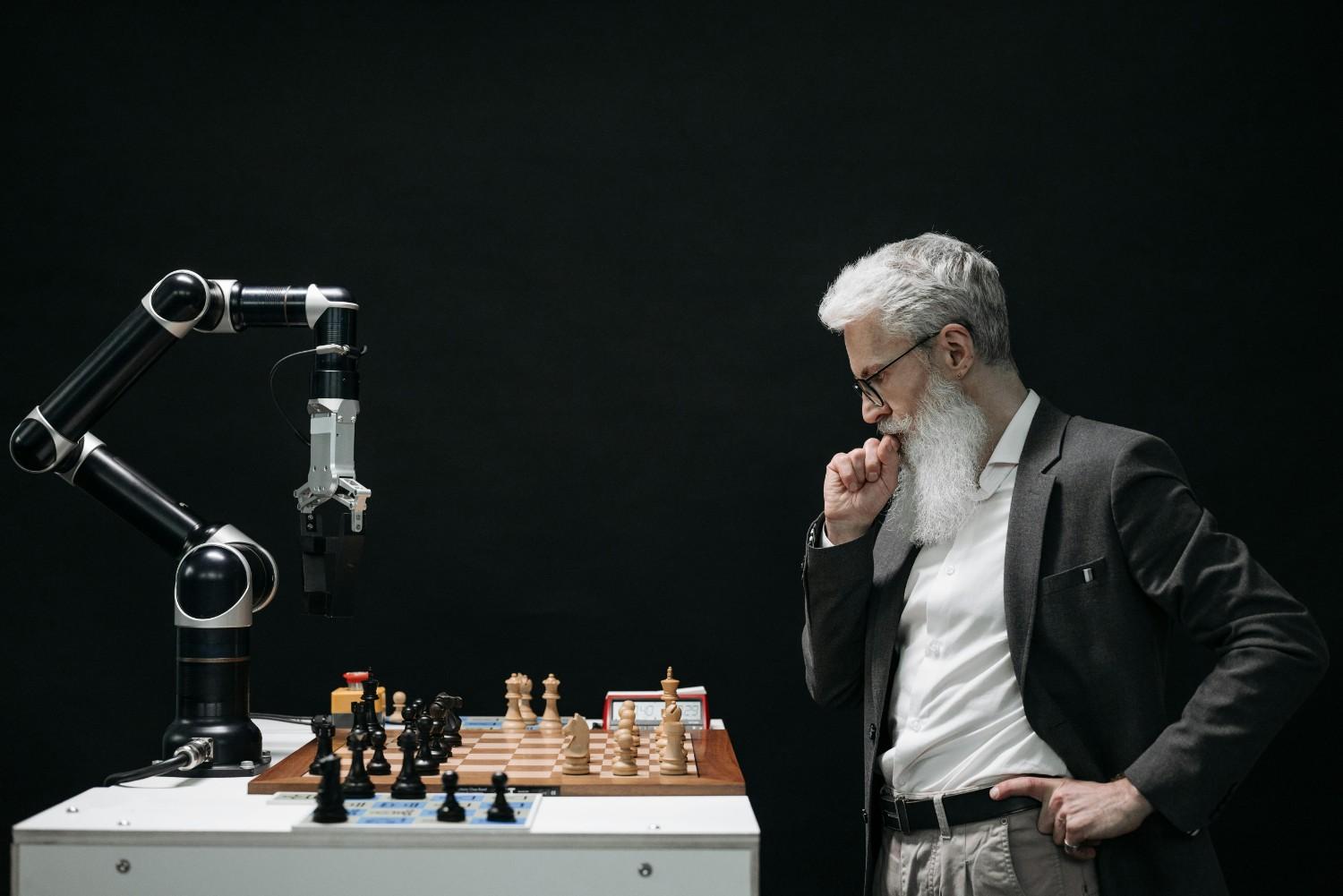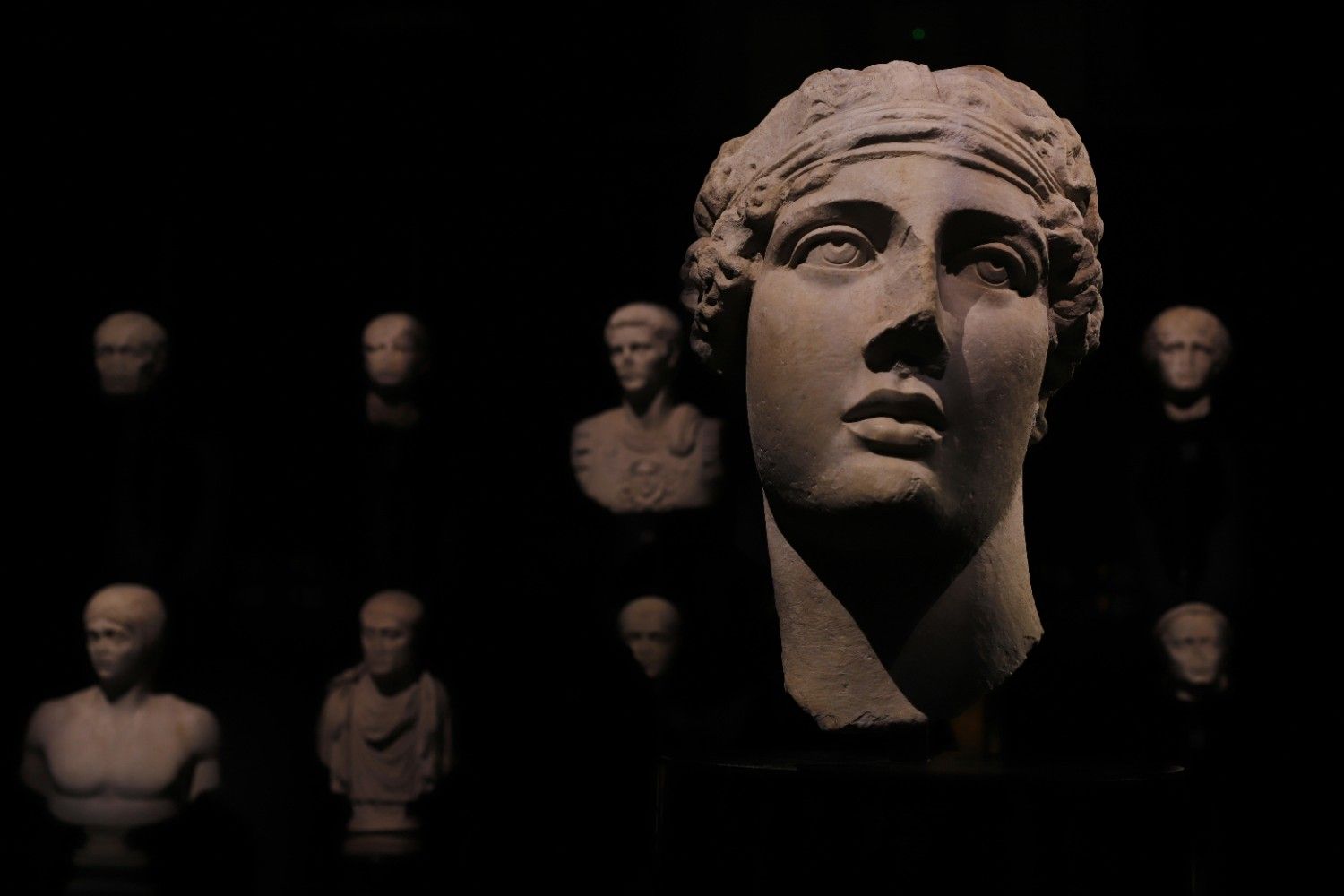Every day, you make countless choices, from the trivial, like what to eat for breakfast, to the life-altering, like accepting a new job. Underlying all these actions is a fundamental assumption that you are the author of your own life; you are in control. But are you? This simple question launches us into one of the most profound and unsettling debates in the history of thought: the conflict between free will and determinism. Are we truly autonomous beings, capable of carving our own paths, or are our choices merely the inevitable results of a long chain of cause and effect, set in motion long before we were born? This article explores that very question, examining the evidence for a determined universe and the powerful intuition that we are, in fact, free.
Key Points
- The debate centers on a conflict: "Determinism" holds that every event is causally necessitated by prior events, while "Free Will" asserts that humans have the capacity to make autonomous choices (1).
- "Libertarianism" is the philosophical position that we "do" have free will and that determinism is false. It aligns with our intuitive sense of being the authors of our own actions (2).
- "Hard Determinism" is the position that determinism is true and, as a consequence, free will is an illusion. This view is often supported by appeals to the laws of physics and causality (3).
- "Compatibilism" offers a middle ground, arguing that free will and determinism can coexist. It redefines free will not as the ability to do otherwise, but as the freedom to act according to one's own desires without external coercion (4).
- The resolution of this debate has profound implications for our concepts of moral responsibility, the justice system (praise and blame), and personal feelings like regret, pride, and the search for meaning (5).
Introduction: The Author of Your Life?
Every day, you make countless choices, from the trivial, like what to eat for breakfast, to the life,altering, like accepting a new job. Underlying all these actions is a fundamental, deeply ingrained assumption that "you" are the author of your own life; you are in control. But are you? This simple question launches us into one of the most profound and unsettling debates in the history of thought: the conflict between free will and determinism. Are we truly autonomous beings, capable of carving our own paths, or are our choices merely the inevitable results of a long chain of cause and effect, set in motion long before we were born?
This is not just a parlor game for philosophers. The answer touches the very core of what it means to be human. It affects our entire system of morality and justice. If a criminal had no real choice in committing a crime, can we truly hold them responsible? It impacts our most personal emotions. Can you take pride in an accomplishment if you were always "destined" to achieve it? Can you feel regret for a mistake if you could not have done otherwise?
This article will serve as your guide through this intellectual labyrinth. We will explore the powerful case for determinism, drawing on science and logic. We will then examine the equally powerful case for libertarian free will, the view that we are genuinely free. Finally, we will investigate the clever middle ground of compatibilism, the most popular view among contemporary philosophers. As we journey, we will unravel the startling implications this ancient debate has for our modern lives, connecting to ideas we have discussed in posts like Existentialism and the Search for Meaning (6). All information is current as of September 14, 2025, at 05:03 AM GMT.
The Case for Determinism: The Unbroken Chain of Causality
Determinism is the philosophical view that every event, including every human action, is the inevitable and necessary result of prior causes. If you knew the exact state of the universe at any one point in time, along with all the laws of nature, you could, in principle, predict the future with 100% accuracy. Nothing is random; nothing is left to chance. Your choices are just another link in this unbroken causal chain.
Causal Determinism and Laplace's Demon
The classic articulation of this idea is a thought experiment proposed by the French scientist Pierre,Simon Laplace in 1814. He imagined a vast intellect, now known as "Laplace's Demon," that could know the position and momentum of every atom in the universe at a single instant. For such an intellect, armed with a knowledge of the laws of physics, "nothing would be uncertain and the future, just like the past, would be present to its eyes."
From this perspective, your decision to read this article is not a spontaneous act of free will. It is the predictable outcome of a chain of events: the firing of specific neurons in your brain, which were caused by your prior experiences, your genetic makeup, the environment you are in, and the coffee you drank this morning. Each of those causes has its own prior causes, stretching all the way back to the Big Bang. You "feel" like you are making a choice, but this feeling is an illusion; you are simply witnessing the unfolding of a pre,determined script.
Evidence from Science?
Proponents of determinism often point to science for support. Neuroscience, for example, has produced some challenging findings. In a famous experiment in the 1980s, neuroscientist Benjamin Libet found that he could detect brain activity signaling a "decision" to move a finger several hundred milliseconds "before" the subject was consciously aware of having made the decision. Some have interpreted this to mean that our conscious mind is not the true origin of our actions; it is more like a press secretary that observes what the brain has already decided to do and then takes credit for it.
Similarly, some interpretations of physics, particularly classical mechanics, suggest a clockwork universe governed by immutable laws. While quantum mechanics introduced an element of randomness at the subatomic level, it is not clear that this helps the case for free will. If our actions are caused by random quantum fluctuations in our brain, that does not sound like "our" choice; it sounds like a neurological lottery. Randomness is not the same as control.
The Case for Libertarian Free Will: The Intuition of Freedom
In direct opposition to determinism stands "Libertarianism" (a philosophical term not to be confused with the political ideology). This is the view that determinism is false, and that we genuinely possess free will. This position aligns with our powerful, everyday experience of being in control.
The Feeling of Freedom
When you are deliberating between two job offers, it "feels" like the outcome is up to you. It does not feel like you are a puppet whose strings are being pulled by the past. You weigh the pros and cons, you reflect on your values, and you "make a choice." Libertarians argue that this universal and powerful intuition of freedom should be taken seriously. To dismiss it as a mere illusion is an extraordinary claim that requires extraordinary evidence, which many feel determinists have not provided.
The Principle of Alternate Possibilities
A core component of the libertarian view is the "Principle of Alternate Possibilities." This principle states that for a choice to be free, you "could have done otherwise." If you chose the salad for lunch, you only did so freely if it was genuinely possible for you to have chosen the pizza instead, with all the prior conditions of the universe being exactly the same. The future is not a single, fixed path; it is a garden of forking paths, and we are the navigators.
This is where libertarians directly clash with determinists. A determinist says that given the exact state of your brain and the universe at the moment of choice, the outcome was inevitable. A libertarian says no, even with everything being exactly the same up to that moment, you had the power to choose differently.
Moral Responsibility
Perhaps the most powerful argument for libertarian free will is that it seems necessary for moral responsibility. How can we praise a hero for their courage or blame a villain for their cruelty if they could not have done otherwise? Our entire system of ethics seems to rest on the assumption that people are the ultimate source of their actions. If hard determinism is true, then holding someone responsible for their actions is like holding a rock responsible for falling; it is just following the laws of nature. This strikes many as a deeply unsatisfying, and even dangerous, conclusion, as it seems to dissolve the very basis for morality.
The Middle Ground: Compatibilism
For centuries, this debate was seen as a stark, either,or choice: you either accept determinism and reject free will, or you accept free will and reject determinism. But a third option has emerged as the most popular view among philosophers today: "Compatibilism."
Redefining Free Will
Compatibilists are clever. They agree with the determinists that the universe may be entirely governed by cause and effect. However, they argue that this does not eliminate free will. Why? Because they "redefine" what free will means. They argue that the libertarian definition of free will as the ability to "do otherwise" in an ultimate, cosmic sense is mistaken. That kind of freedom, they say, is a philosophical fantasy.
Instead, compatibilists define free will as the "freedom to act according to one's own motivations and desires, without coercion or constraint." A choice is free if it comes from "you," from your own beliefs, values, and personality, regardless of how those beliefs and values came to be.
Let's use an example. If a robber puts a gun to your head and says, "Your money or your life," you are coerced. You are not acting freely when you hand over your wallet. But if you are at a bakery and you choose the chocolate cake because you love chocolate and you want to eat it, you "are" acting freely. According to the compatibilist, it does not matter that your love of chocolate was determined by your genetics and upbringing. What matters is that "you" wanted the cake and you were free to act on that want. That, for the compatibilist, is all that free will is, and all that it needs to be.
In this view, freedom is not about being free from the causal chain of the universe; it is about being free from "external" domination. As long as the cause of your action is "internal" to you (your own thoughts and desires), the action is free.
Comparison: Three Views on Freedom
| Position | Is Determinism True? | Do We Have Free Will? | Core Idea |
|---|---|---|---|
| Hard Determinism | Yes | No | All events are caused by the past. Our feeling of freedom is an illusion. |
| Libertarianism | No | Yes | We are the autonomous authors of our choices and could have done otherwise. |
| Compatibilism | Yes | Yes (redefined) | We are free when we act on our own desires, even if those desires are determined. |
Conclusion: Why Does This Debate Matter?
The debate between free will and determinism is not settled, and perhaps it never will be. But grappling with it is a profoundly worthwhile philosophical exercise because it forces us to question our most basic assumptions about ourselves and the world. The position we lean toward has real,world consequences for our worldview.
If you lean towards determinism, it might foster a greater sense of empathy and compassion. The Stoics, who were determinists, used this belief to cultivate acceptance and reduce anger. How can you be angry at someone for doing something they were always going to do? This perspective encourages us to look at the complex causes behind behavior rather than simply assigning blame.
If you lean towards libertarianism, it might foster a powerful sense of agency and responsibility. The Existentialists, though not all strict libertarians, embraced this idea of radical freedom. Believing you are the sole author of your life can be an incredible motivator to strive for your goals and take ownership of your mistakes.
And if you lean towards compatibilism, it might offer a practical way to live in a scientific world without abandoning our sense of self. It allows us to accept the findings of physics and neuroscience while still holding on to a meaningful concept of freedom and moral responsibility.
Ultimately, whether our choices are forged in the fire of cosmic freedom or are simply the last link in an ancient causal chain, we are the ones who must live with them. The "feeling" of choosing is our reality, and in that space of perceived choice, we build our lives, our relationships, and our own sense of what makes it all worthwhile.
References
- The Information Philosopher - Free Will vs. Determinism
- Stanford Encyclopedia of Philosophy - Free Will
- The Basics of Philosophy - Determinism
- Stanford Encyclopedia of Philosophy - Compatibilism
- The Guardian - The clockwork universe: is free will an illusion?
- Big Think - Free will vs. determinism: What the science says








